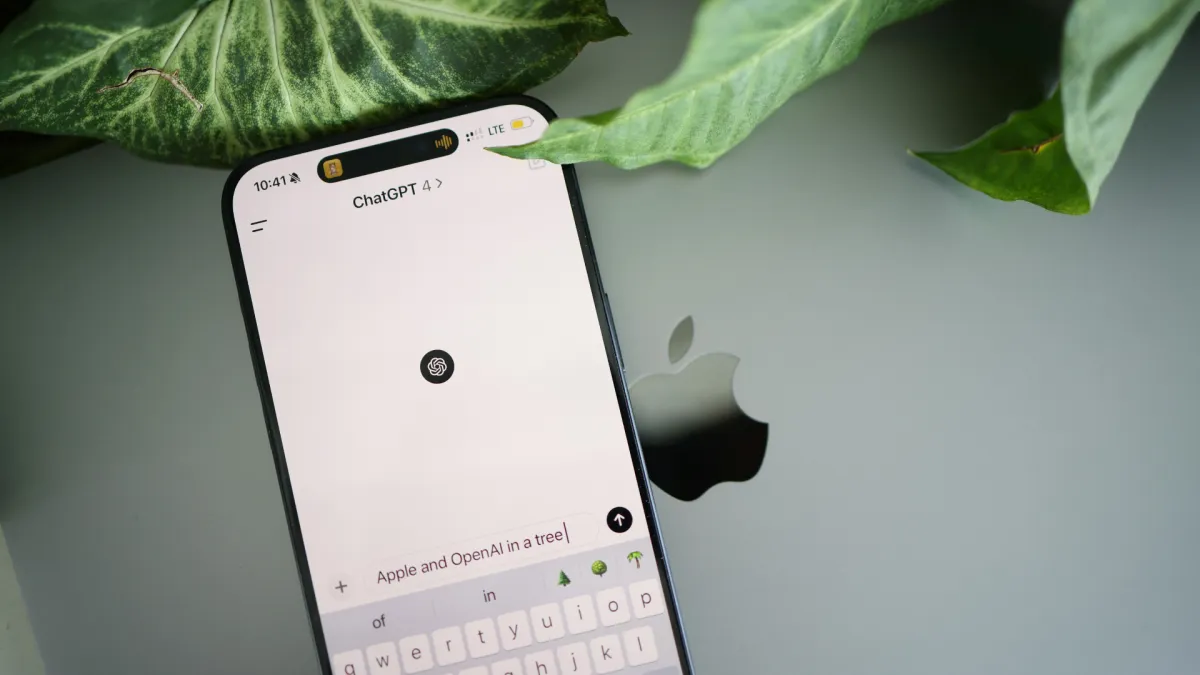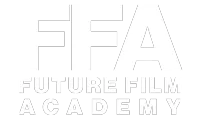FFA BLOG

AI-Assisted Storytelling: How Machine Learning is Shaping Narrative Development in Film
In filmmaking, technological innovations consistently offer new tools and methodologies to enhance creative processes. Among these, artificial intelligence, particularly generative AI, stands out as a revolutionary force in narrative development. This technology, which generates new content by analyzing extensive data sets, is transforming how stories are crafted, from inception through to pre-production.

The Role of Machine Learning and Generative AI in Film
Generative AI is a type of artificial intelligence that creates new content—such as text, images, or music—by learning from vast data sets and recognizing patterns. In the context of film narrative development, it serves as a powerful tool for automating creative tasks like generating character arcs, plot points, and dialogue. By offering unique perspectives and rapidly iterating on story ideas, AI enhances creativity, speeds up the brainstorming process, and helps filmmakers explore innovative storytelling possibilities, allowing them to focus on refining emotional depth and character authenticity.
Let's look at three ways filmmakers can benefit today from generative AI.
Coming up with unique storylines
If I have a good idea for a film, a great way to use generative AI to help flesh out the idea and come up with unique angles is to simply give it a one line synopsis and say create a 3 act film treatment for the idea. A particular good one that I did was saying to write a film treatment for a story where Prince Charles, when he became king of England, realised there was an old law that enabled him to give him special powers, in which the way text money could be re-distributed to the people, and he forces the government to end poverty forever becoming a champion of the people. The film treatment was absolutely amazing, and it's definitely something I would like to make into a film on day.
You can read the film treatment here:
Film Treatment: "The King's Gambit"
Using it as a script editor
When reviewing a short film script using AI, you can leverage structured feedback processes to refine key elements of your project. By following a step-by-step approach, you can focus on improving specific aspects such as character development, plot structure, and dialogue authenticity.
Start by uploading your script into an AI tool like ChatGPT and use targeted prompts to request feedback on various components. For instance, you can ask the AI to analyze character motivations, suggest ways to enhance the plot's rising action, or point out areas where your dialogue may benefit from more visual storytelling. Additionally, AI can help you assess pacing, ensuring the rhythm of your film flows naturally, balancing action and reflection, especially within a short format.
Using AI-driven suggestions, you'll receive detailed insights into potential improvements. For example, AI might identify where your script relies too heavily on dialogue and suggest more show-don't-tell techniques or recommend how to incorporate higher stakes to elevate conflict and tension. Each piece of feedback serves as a tool for making thoughtful revisions, helping you to craft a more engaging and polished short film script.
This method not only speeds up the review process but also ensures you cover all critical narrative aspects, leading to a stronger final draft. Remember, AI feedback is a tool to inspire creative thinking and shouldn't replace your own judgment as a writer.
You can access my guide and the prompts here:
How to Guide for Reviewing a Short Film Script using AI
Creating storyboards using generative AI

Generative AI is also transforming the process of storyboarding by streamlining the visual planning stage of filmmaking. AI-powered storyboard tools allow filmmakers to quickly translate their scripts into visual representations, making it easier to plan scenes, camera angles, and shot compositions. For instance, StudioBinder Storyboard Creator enables users to create professional storyboards with built-in shot lists, while Boords offers a flexible platform for drawing, organizing, and sharing storyboard drafts. AI-powered platforms like StoryboardHero and Krock take it a step further by using generative AI to automatically suggest shot compositions, layouts, and even animatics based on your script input. These tools help streamline the pre-production phase, reducing the time spent on manual drawing while ensuring that the director's vision is clearly communicated to the production team.
StudioBinder Storyboard Creator: https://www.studiobinder.com/
Boords: https://boords.com/
StoryboardHero: https://storyboardhero.ai/
AI potential in film
Generative AI is not just a tool for automating tasks but a collaborative partner that enhances the creative vision of filmmakers. By handling routine creative decisions, AI allows filmmakers to focus on deeper aspects of storytelling such as thematic exploration and character nuances. As this technology continues to evolve, its potential to transform narrative development and film production is boundless. Embracing AI in filmmaking can lead to richer, more innovative stories that resonate more deeply with audiences worldwide.
Studio 202 | Mainyard Studios | 280 Mare St | London | E8 1HE | UK
+44 7360 268742
hello@futurefilmacademy.com
www.futurefilmacademy.com

